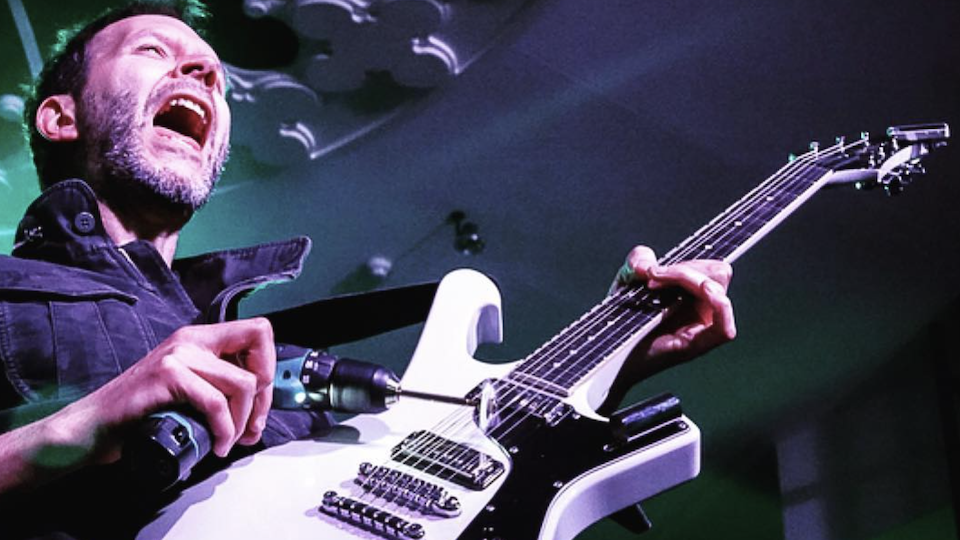beaubrummels
Well-known member
I've noticed a number of jazz/fusion/shred players using things to mute open strings at the nut or first couple frets. Usually it's when they are tapping and they are not using the open strings. My assumption is this is to avoid stray open notes and keep the playing clean, and also to not have a wrong note punch through because tapping is rather quiet and snapping an open string would be piercing if their levels are up to hear the tapping.
Do you think this is 'cheating'? Shouldn't the player be able to play without striking stray notes? (Not saying I could do any better, just asking ...in your opinion is this a cheat?).


Sure, mutes have been on guitars for more than 50 years, but those were to accommodate changing the sustain, not covering up technique issues. The first instrument I learned on, banjo, also had a mute, but that was to be able to practice quietly (because banjos are freaking loud).
I'm on the fence: it could be just the tool of the trade for a tap-shredder, or it could be viewed as a cheat to get to YouTube impresario accolades quicker without doing additional work to fix technique. What say you?


Do you think this is 'cheating'? Shouldn't the player be able to play without striking stray notes? (Not saying I could do any better, just asking ...in your opinion is this a cheat?).

Sure, mutes have been on guitars for more than 50 years, but those were to accommodate changing the sustain, not covering up technique issues. The first instrument I learned on, banjo, also had a mute, but that was to be able to practice quietly (because banjos are freaking loud).
I'm on the fence: it could be just the tool of the trade for a tap-shredder, or it could be viewed as a cheat to get to YouTube impresario accolades quicker without doing additional work to fix technique. What say you?


